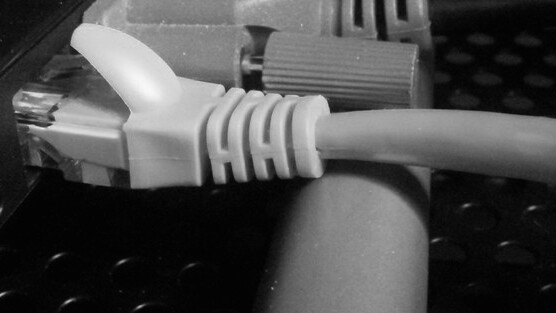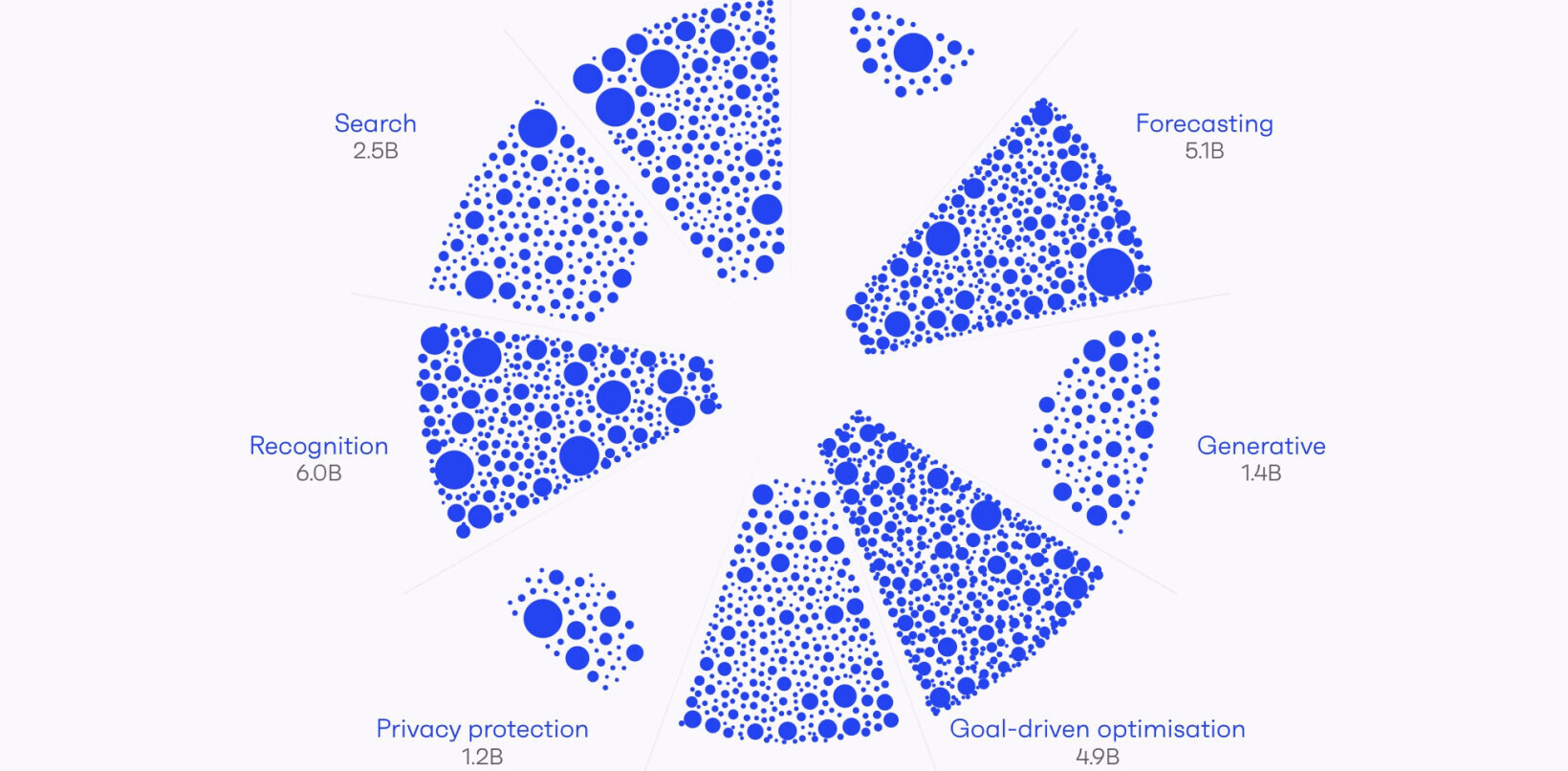
Ofcom, the UK regulatory body for the broadcasting and telecommunications industries, has released its latest report outlining the state of play regarding consumers’ broadband speeds.
According to the report, consumers are achieving 22% faster broadband speeds at home than they were 12 months ago,with November 2011’s figures revealing that the average UK residential broadband speed was 7.6Mbps, compared with 6.2Mbps in the corresponding period from 2010, and 6.8Mbps in May 2011.
The report notes, however, that the increase wasn’t so much related to upgrades on the internet service providers’ (ISP) part, but as a result of consumers moving onto higher speed broadband packages.
In November, for the first time ever, more than half (58%) of UK residential broadband connections signed up to an advertised – or ‘headline’ – speed of more than 10Mbps, representing an increase of 10% from May 2011. However, consumers typically receive less than the advertised speeds, which has become an increasingly contentious issue across the UK.
Ofcom’s research was based on thirteen broadband packages provided by the UK’s eight largest ISPs, representing more than 75% of all home broadband subscribers in the country. Around 572 million individual performance tests were performed in 1,710 homes throughout November 2011.
How the ISPs performed…
Of the thirteen packages covered, Ofcom’s research showed that the fibre-based and cable broadband connections were fastest, with Virgin Media’s ‘up to’ 50Mbps having the highest average download speeds of approximately 49Mbps.
BT’s ‘BT Infinity’ package delivered average download speeds of around 36Mbps, representing an increase from approximately 34Mbps in May 2011. All the other ISP packages did not change much from May last year:

Speed claims
So, whilst UK Internet users are receiving slightly faster broadband than before, Ofcom notes that there is a need to review the ‘up to’ speed caveats that ISPs use in advertising campaigns, so that consumers are not mislead.
With that in mind, the Committee of Advertising Practice (CAP) and the Broadcast Committee of Advertising Practice (BCAP) published guidance last September covering broadband speed claims in advertising, and these will come into effect from April this year.
These new guidelines stipulate that speed claims should be achievable by at least 10% of the ISPs’ customer base, and where a significant chunk won’t be receiving a speed sufficiently close to what is advertised, the advertisement should detail what speed range is obtainable by those customers.
Using data from Ofcom’s report, the industry average speed based on this ‘10% availability’ criteria would be 6Mbps for services currently advertised at ‘up to’ 8Mbps, and 14Mbps for services those advertised at ‘up to’ 20-24Mbps.
Ofcom has even pulled together this handy table showing the speeds that ISPs might use in adverts when the new guidelines kick-in this April:

Get the TNW newsletter
Get the most important tech news in your inbox each week.




